The story of “Wafa” with Mohammad Isfahani became more spectacular / The story of love, fire and smoke – Mehr News Agency | Iran and world’s news
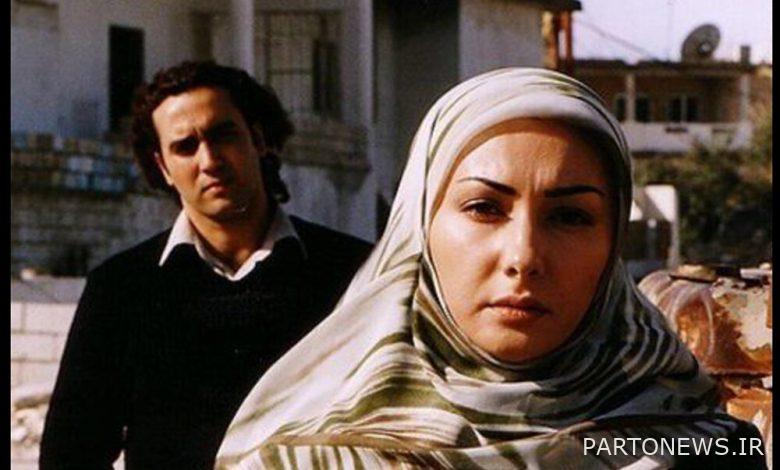
Mehr News Agency – Art Group – Alireza Saeedi: The titration function is something like a book cover Designer It tries to inform the audience of a work by choosing elements, forms and layouts with the help of graphics and music. Situations that sometimes present the audience with very punctual, thoughtful and calculated and sometimes so much Headline And it is made by performing a mandatory task that takes the viewer away from the base with a visual effect.
An excuse to return to the keyword “titration” again is an overview of the most enduring and The most memorable The music is related to some programs and works of cinema and television that contain bittersweet memories for many audiences, and referring to them again can bring us a world of memories in any situation. The memory game, which was welcomed by the audience after its beginning and publication on Nowruz 1400, made us dedicate our souls and minds to it in the form of a weekly memory game on Fridays every week, and from its passage to the years when we feel better than these painful days. Was, let’s go.
“Memory play with lasting captions” is the title of an archival report series with the same approach, which you can follow on a weekly basis in the art group of Mehr News Agency.
In the 53rd issue of this media narrative, we went to the music of the TV series “Wafa” directed by Mohammad Hossein Latifi, composed by Alireza Kohandiri and sung by Mohammad Isfahani, who became a listener after being broadcast on the First Channel of Sima. Most And popular Most Music has become the title track of television audiences in the 1980s. The music, which, apart from the content and thematic charms of the “Wafa” series, which was highly regarded by the viewers, included conditions that can be considered as the beginning of a new chapter in the activities of a talented singer such as Mohammad Isfahani.
The TV series “Wafa” directed by Mohammad Hossein Latifi was aired on Nowruz 1385 on the third channel of Sima. A collection whose focus is on protesting against the hostile policies of the Zionist regime against Regardless of the content appeal of the “Wafa” series, this music was the title track of the work, which was able to double the sweet taste of watching this series due to the presence of a capable artist such as Alireza Kohandiri, the rich song of Ahura Iman and the singing of Mohammad Isfahani. The Islamic Republic of Iran went on the air in the form of a romantic-crime series, and due to the different atmosphere and geography of most of the film scenes shot in Lebanon, it became one of the most popular TV series of the eighties.
Wafa is a series about the love of a young Iranian-Jew named Jubin Panahi to a Lebanese-Iranian girl named Wafa, who has been imprisoned in Iran for spying for Israel. He was due to mental health problems caused by the death of his parents in the explosion Bomb In Cyprus and away from the favorite girl اش Wafa is hospitalized. Jubin is given away from a fugitive hospital by an Israeli spy, nicknamed Crab, and travels from Iran to Jordan and David’s house with a fake identity after changing his appearance; Then, according to David’s previous plan, he goes to Lebanon to see Wafa, and after a while, David and Crab are added to him. After Wafa’s negligence, Zubin tells the truth to him and his father, and Wafa asks Zubin to give him a chance. After a few days, Wafa accepts Zubin’s offer to flee. But this is just the beginning of another story that leads to more important events. Major events based on On operations Sabotage Oh you It was designed by the Zionists in our country. Circumstances that lead the security forces to enter the story and present to the audience narratives that seemed new and original in their form and framework.
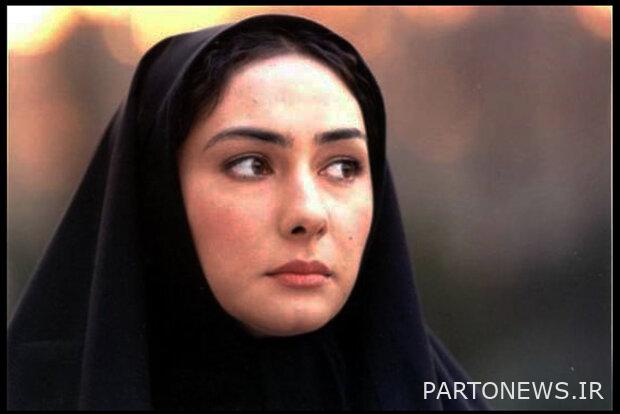
Pouria Poursorkh as Zubin Panahi, Hanieh Tavassoli as Vafa Abuzid, Farhad Original In the role of Saeed Khavari, Farhad Ghaemian in the role Jeremiah Niko Nazar known as Crab, Elizabeth Amini as Forough, Reza Iranmanesh as Hossein Abuzid, عدی Raad as the Lebanese police, Lida Abbasi as Ashraf ChocolateMajid Yaser in the role of Hossein Haghshenasi were the main actors of the TV series “Wafa”.
But as it was said, apart from the content and story charms that the series “Wafa” had and was able to create a new chapter of the TV series with security-political themes in a romantic context, it was the soundtrack and the title track that Mediating the presence of a powerful and tasteful artist such as Alireza Kohan Diri, the rich song of Ahura Iman and the singing of Mohammad Isfahani with the larynx Oh you Unique and reliable for any melody and music, it was able to double the sweet taste of watching different series such as “Wafa”. It seems that the music of the titration of this collection was so much noticed by the audience that some time later it was able to win the award for the best titration singer of the 10th Hafez celebration.
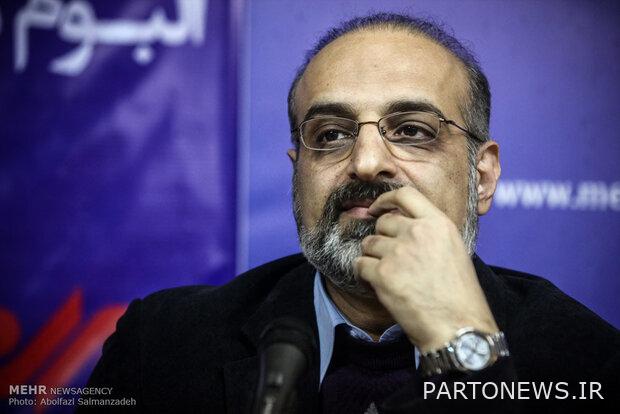
Naturally, Mohammad Isfahani does not need to be introduced as a talented singer, just to mention that he is due to these abilities based on the teachings of music. اش In the presence of artists such as Mohammad Reza Shajarian and Ali Jahandar, and paying attention to the richness of our country’s literature, whenever he appeared in a project such as the Wafa series, the audience immediately waited to hear a magnificent and lasting work from him. Melody by choosing the right lyrics and music اش Next to the sound Velvet Isfahani presented a product to the audience that is in the absolute sense of the word music and has a lot to say.
As in this field, we can listen to the music of the titles of serials and series such as “one “Piece of land”, “gift”, «زیرهشت“,” Province of Love “,” To Soraya “,” Innocence Lost “,” Heroes ” No. They die “,” expelled هاIt should be noted that all of them have been able to become permanent due to the presence of a strong triangle of songwriter, composer and Mohammad Isfahani as a singer. Most The music of the titles of these years of serials and TV series in our country.
Alireza Kohan Diri, the composer of the TV series “Wafa”, recently said about his experience working with Mohammad Isfahani: “Working with Mr. Isfahani is different for me, because I like his voice and when I offer him a job, I feel very close.” We are close and we have what it takes to work together.
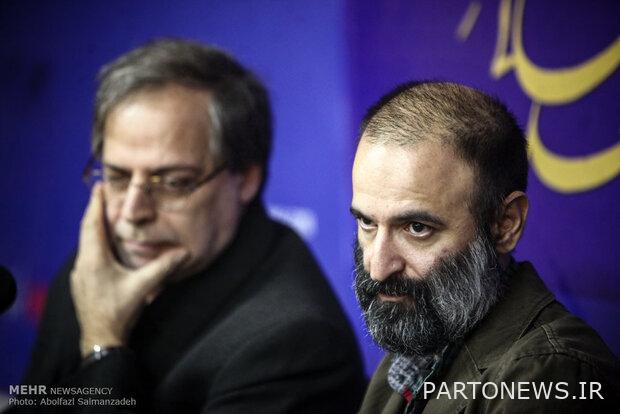
Of course, the issue of content is also one of the most important م .لفههای Making a quality and lasting caption music, although in recent years due to the entry of some financial and economic issues in the sale and purchase Faith: Logic is the logic of gangsterism! Otherwise, what logic dictates that they have only one or two songwriters from a 7-8 Turkish album? Why should the songwriters of Ramadan serials be fixed every year? Or, for example, why do certain singers and bands have the right to work in serials? The music of the subtitles has provided a lot of unbalanced conditions in this field and has degraded the musical works of this field, but it is undoubtedly an integral element of the process of making music for the serial titration. host Reaching the standard frontier of the seventies and eighties reminds us again.
Circumstances that Ahura Iman, the well-known poet and songwriter of our country, who in addition to composing the title song of the Wafa TV series, has participated in many other popular projects, believes: In recent years, song Active And it may not be an exaggeration to say that the songwriting of one of the most attractive Categories have been for young people and teenagers. So we have seen an increase in songs and songwriting, but we have to see this slight increase, whether with Upgrade Qualitative and Impact Were there any positives on the musical pieces or not? I think the answer is no.
Iman admits in another part of his speech: If we look at the 20s and 40s, we find that it was the artistic teams that recorded lasting and valuable pieces in the history of music and song, not individuals. These group collaborations sometimes continued for several decades and provided the basis for better cooperation between group members on the basis of cognition. But Unfortunately At the present time, the logic between artistic collaborations is not cooperation itself; It is both a pocket and a benefit between people.
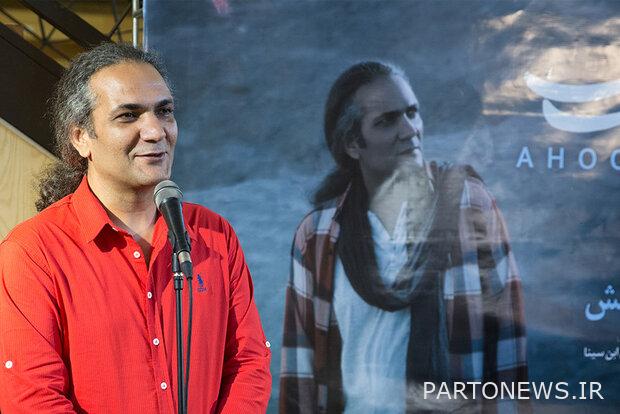
He continued this media conversation by criticizing some of the conditions governing the production of musical works: Usually there is no similar emotional relationship and intellectual actions between members of music groups, and therefore a special emotional-artistic energy of these groups. ساطع It is not possible. Interestingly, it is usually the singers who get the most out of music, both materially and spiritually. […] About 100 tracks of Persian music are recorded daily and published in various ways. But my question is, how many of these do not die at birth? How many of them are not the result of an accelerated production process and have not sacrificed their artistic quality for speed and other issues? How many reasonable years (one or two) did it take to produce them? How many of them are heard by the audience for at least a year and find relative permanence?
In the same conversation, this poet and songwriter once again criticizes the relationship behind the music of the credits in TV series and says: Logic is the logic of gangsterism! Otherwise, what logic dictates that they have only one or two songwriters from a 7-8 Turkish album? Why should the songwriters of Ramadan serials be fixed every year? Or, for example, why do certain singers and bands have the right to work in serials?
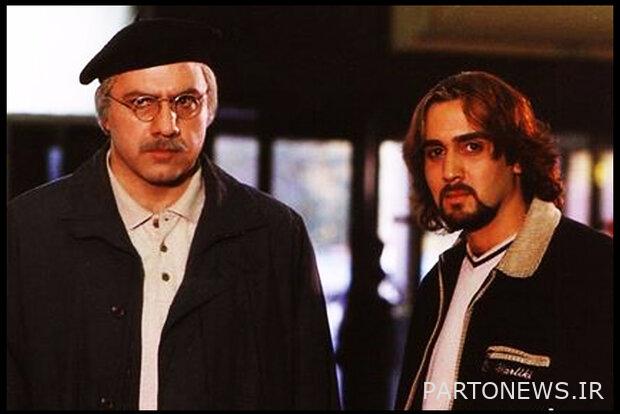
Anyway What Ahura Iman and her other classmates سالهای The latter has made serious references to it, and it is a very important issue that can be considered and analyzed in the context of this memory of media games. Why, in recent years, despite all the efforts made in the field of producing songs with appropriate content and standard music, but now, as in the seventies and eighties, we see the production and publication of less significant works in the field of music such as “Wafa”? This question, along with several other questions and ambiguities, are important issues that can be given more attention.

